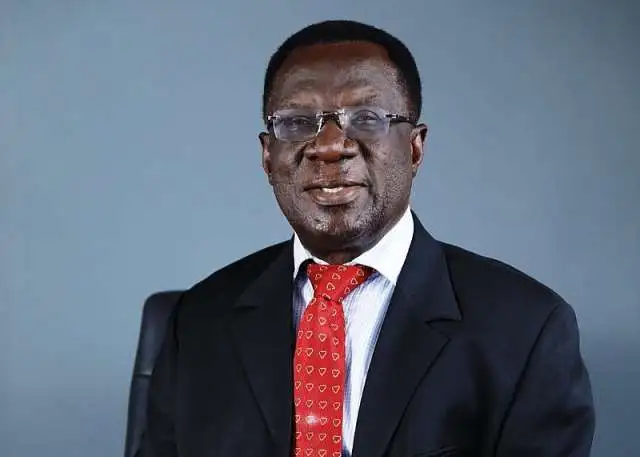Ameyaw-Akumfi’s Lawyers Walk Out Amid Legal storm
By Prince Ahenkorah
The protracted legal battle over the failed Accra Sky Train project has taken a fresh turn, with lawyers for Professor Christopher Ameyaw-Akumfi formally withdrawing their representation.
The former Board Chair of the Ghana Infrastructure Investment Fund (GIIF) now faces the next phase of the trial without legal counsel, raising questions about the defence’s preparedness and the broader trajectory of the case.
Justice Audrey Kocuvie-Tay, presiding over the matter, confirmed receipt of a letter from Ameyaw-Akumfi’s legal team, stating their decision to disengage.
The move follows reported internal disagreements between the accused and his counsel, which Ameyaw-Akumfi described in court as a “misunderstanding” he hoped to resolve.
The judge advised him to secure alternative representation ahead of the next hearing, scheduled for 20 October.
Ameyaw-Akumfi and Solomon Asamoah, former GIIF CEO, are facing multiple charges, including causing financial loss to the state over their roles in the now-defunct Sky Train initiative.
The project, once touted as a transformative urban transport solution, has become emblematic of stalled infrastructure ambitions and opaque investment decisions.
The legal withdrawal comes on the heels of a failed defence motion seeking disclosure of board and committee minutes, which the defence argued contained exculpatory evidence.
The prosecution maintained that no such documents existed within its custody, and the court sided with the state, dismissing the application. The defence has since filed for a stay of proceedings pending appeal, further delaying substantive progress.
The case has drawn scrutiny not only for its financial implications but also for what it reveals about governance lapses within Ghana’s infrastructure investment apparatus. The GIIF’s role in the Sky Train deal including questions around due diligence and board authorisation remains central to the prosecution’s argument.
With Ameyaw-Akumfi now without legal representation, observers anticipate further procedural delays.
The development underscores the fragility of the defence’s position and adds another layer of complexity to an already politically sensitive trial. The outcome may have broader implications for accountability in Ghana’s public investment landscape.


